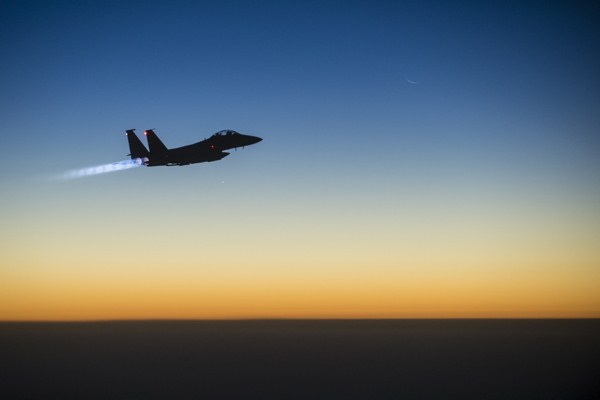From the moment the United States took on the so-called Islamic State (IS), whether or not to use ground forces has been one of the most contentious issues. Deeply aware of the lingering national hangover from Afghanistan and Iraq, U.S. President Barack Obama stated that American ground forces “will not have a combat mission,” and will only assist the local forces fighting the extremists.
While this makes political sense, it may not be effective strategy. Airstrikes by the U.S. and other nations have put a damper on the mobility of IS, but cannot defeat it outright. In fact, the organization appears to be finding new recruits as fast as the airstrikes kill its fighters. Even though some U.S. military officials believe the Iraqi military will eventually go on the offensive, Baghdad’s armed forces and the various anti-IS militias will never eradicate the extremist organization, at least as long as it controls parts of eastern Syria and has a steady flow of foreign recruits. To believe otherwise is wishful thinking, not sound strategy.
Given this grim prognosis, U.S. policymakers and strategists must now think more creatively, particularly about how best to use military power. But this is easier said than done. The past half-century has ossified U.S. military strategy, leaving only a narrow range of techniques on the table. Standoff strikes, whether from manned aircraft, drones or long-range missiles, are acceptable. So too are precision raids by small teams of special operations forces. But when it comes to large-scale ground forces, the U.S. seems locked into four techniques: major combined arms operations to reverse a conventional invasion by the armed forces of another nation; the indirect technique based on training and advising partner militaries; quick, overwhelming interventions against weak opponents like Panama and Grenada; or protracted counterinsurgency, as in Iraq and Afghanistan.

